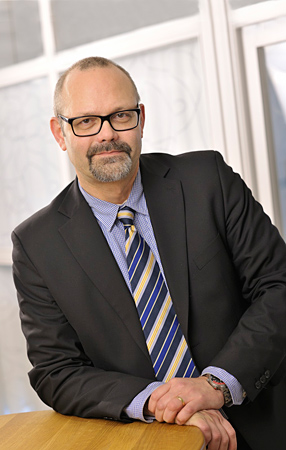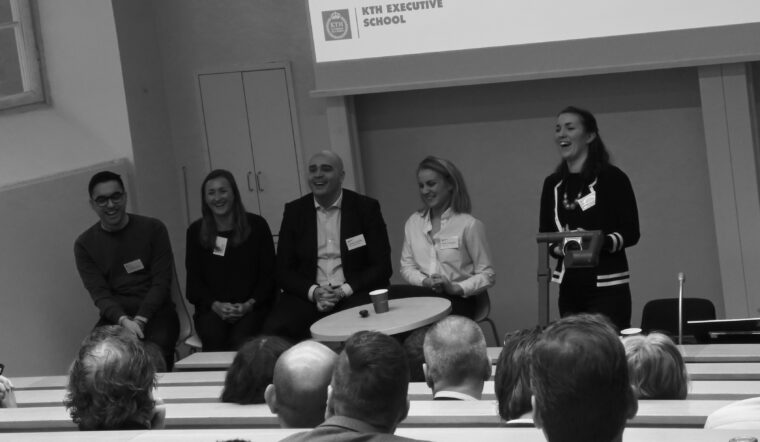 Hans Holmström, CEO Siemens Industrial Turbomachinery AB, will lecture in the Executive Program in Industrial Management 2018.
Hans Holmström, CEO Siemens Industrial Turbomachinery AB, will lecture in the Executive Program in Industrial Management 2018.
Hans has kindly accepted the invitation to come back and lecture in our Executive Program in Industrial Management 2018. His lecture will be about “Technology shifts and change of technology: The case of Siemens Industrial Turbomachinery AB”. Understanding technology shifts in general is crucial in order to understand the currently ongoing technology shifts as e.g. digitalization!
Hans is also an alumni from the program in 2004 and has since then sent many participants to this program.
Read more about the program here.






